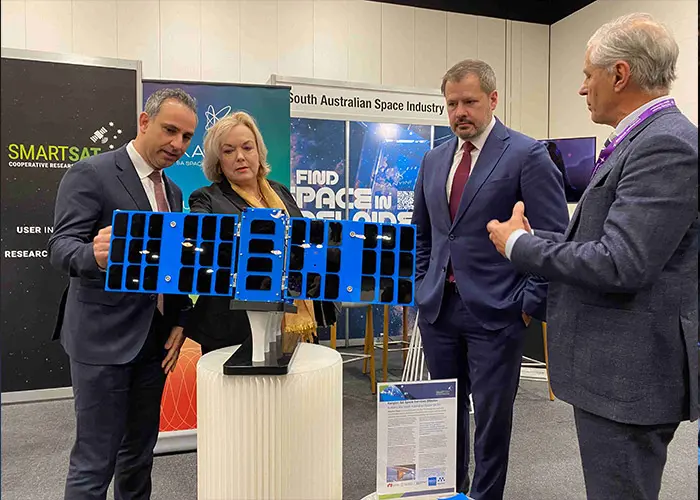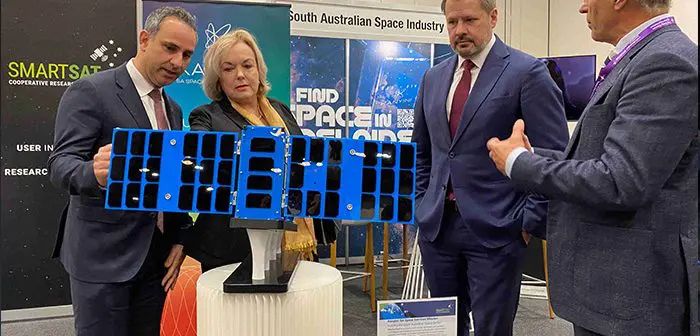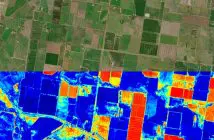
Smart Sat Cooperative Research Centre (SmartSat CRC) has announced the first four new jointly funded space research projects and opened further funding opportunities in partnership with New Zealand’s Ministry of Business, Innovation and Employment (MBIE).
The four initial research projects, commencing in August 2024, include research into monitoring methane emissions, enhancing real-time monitoring of greenhouse gases, managing free space optical communication nodes across Australia and New Zealand, improving the tracking of space objects, and developing a joint Australia – New Zealand concept for maritime domain awareness.
The partnership between SmartSat and MBIE aims to establish enduring links between Australian and New Zealand researchers to create platforms for larger-scale future research collaborations, support research and development in alignment with industry and end-user needs, and help develop talent and joint expertise.
Additionally, the research will address major environmental, economic, and social challenges through scientific collaboration while leveraging Australia and New Zealand’s unique geographical advantages, such as their southern hemisphere location, clear skies, and varied topography.
The SmartSat Cooperative Research Centre brings together over 135 participating organisations, including national and international partners, with the aim of contributing to building Australia’s space R&D capability. The first four new jointly funded space research projects are:
- Verifying MethaneSat livestock methane emission estimates in New Zealand and Australia using ground and airborne observations: (The University of New South Wales, National Institute of Water and Atmospheric Research, University of Wollongong). This project aims to utilise ground and airborne observations to verify MethaneSat’s livestock methane emission estimates in New Zealand and Australia, improve real-time monitoring of greenhouse gas emissions, and provide valuable data for carbon accounting and emission reduction strategies.
- A Feasibility Study into the Governance and Management of a Network of Free Space Optical Communication Nodes Across Australia and New Zealand: (The University of South Australia, University of Auckland). This study will explore the governance and management of a network of free-space optical communication nodes across Australia and New Zealand. The study will address the technical and operational challenges of Earth-to-space optical communications.
- Supporting the SatPing initiative with Observation, Modelling, and Hardware Development: (Curtin University, Nova Systems, University of Auckland). This project aims to develop observation modelling and hardware for the SatPing initiative, which will improve space situational awareness by improving the tracking of objects in Earth’s orbit.
- Monitoring the Southern Indo-Pacific from Space – The Takahē Mission: (SmartSat CRC, Restore Lab). This project seeks to align and develop a joint AUS-NZ mission concept focusing on maritime domain awareness and advancing synthetic aperture radar (SAR) technologies for environmental and security monitoring.
“This partnership between Australia and New Zealand in the space sector demonstrates our commitment to leveraging our combined strengths and resources,” said SmartSat CRC CEO Professor Andy Koronios.
In addition to announcing the initial projects, SmartSat has also issued a call for submissions for further research activities under the program. SmartSat CRC and MBIE seek proposals for collaborative six-month feasibility studies with up to AUD 100,000 available for Australia-based research activities or up to NZD100,000 for New Zealand-based research activities. This funding opportunity aims to harness complementary resources and expertise to develop innovative research and the development of Earth observation projects that will drive the space industry’s growth in both countries.
Open to public and private Australian and New Zealand research organisations, projects should align with industry and end-user needs and address major environmental, economic, and social challenges.





